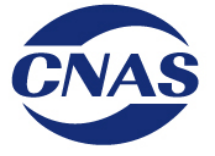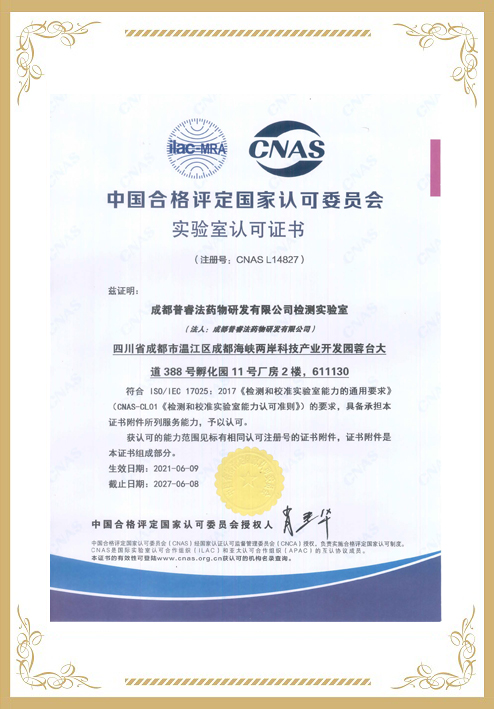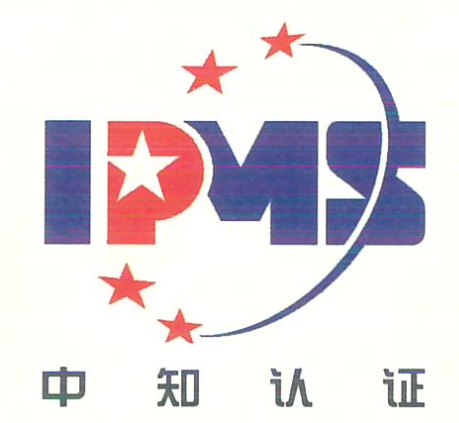Salvianolic acid A (Sal A) has been reported to have anti-inflammatory and antioxidant properties. The present study aimed to explore the potential mechanisms of Sal A on lipopolysaccharide (LPS)-induced acute lung injury (ALI). The results indicated that Sal A pretreatment attenuated LPS induced lung injury, shown by alleviated histopathological damage and alveolar-capillary barrier dysfunction, as well as reduced inflammatory response and oxidative stress. Moreover, Sal A pretreatment effectively increased the expression of p-AMPK and SIRT1 and promoted Nrf2 nuclear translocation in lung tissues. However, these effects were remarkably blunted by Compound C. Molecular docking experiments further confirmed that Sal A bound well to the active sites of AMPK and SIRT1. In conclusion, these results indicated that Sal A exerted its protective effects on LPS-induced ALI through suppressing inflammation and oxidative stress, which was mainly dependent on the activation of AMPK/SIRT1/Nrf2 signaling pathway.























